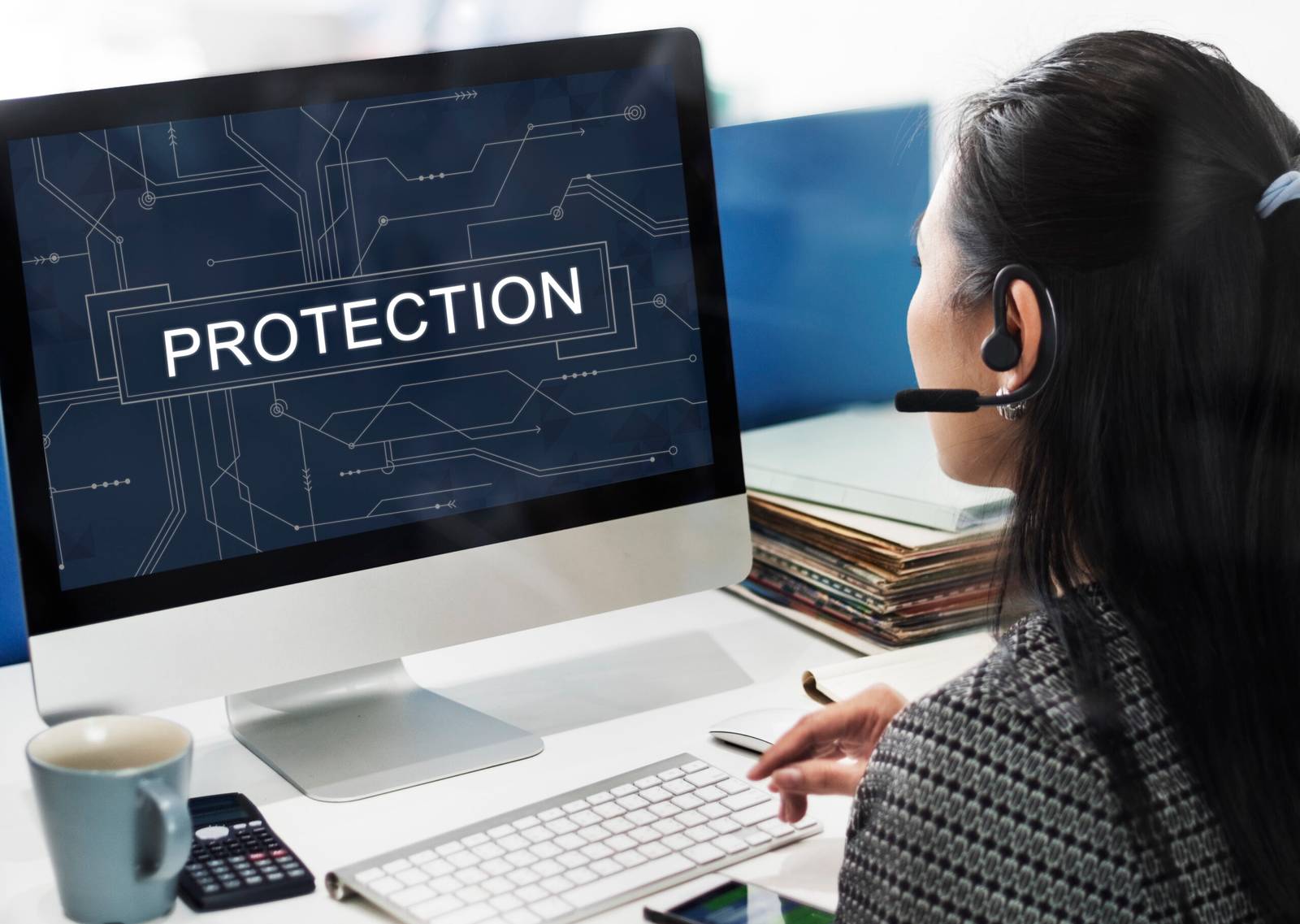Protect Yourself from Cyberattacks: Essential Security Tips

by Web Digital
In today’s digital age, cyberattacks are becoming increasingly common and sophisticated. From phishing schemes to ransomware, hackers are constantly finding new ways to exploit vulnerabilities. Protecting yourself from cyberattacks is vital to safeguarding your personal information and maintaining your online security. This article provides essential security tips that you can implement to protect yourself from cyber threats.
Strong Passwords
Create Complex Passwords
One of the most effective ways to protect yourself from cyberattacks is to create strong, complex passwords. Avoid using easily guessable information such as your name, birthdate, or common words. Instead, opt for a mixture of upper and lower-case letters, numbers, and special characters. For example, a strong password might look like this:
Use Unique Passwords
It’s crucial to use unique passwords for different accounts. If a hacker manages to break into one of your accounts, using the same password across multiple sites can give them access to all your accounts. Using a unique password for each account minimizes the risk.
Password Managers
Consider using a password manager to keep track of your passwords. Password managers can generate and store complex passwords, ensuring you don’t have to remember them all. Popular password managers include LastPass, Dashlane, and 1Password.
Software Updates
Keep Software Up-to-Date
Software updates often contain security patches that fix vulnerabilities that could be exploited by hackers. Regularly updating your operating system, apps, and antivirus software ensures that you have the latest protections in place. Enable automatic updates whenever possible to stay protected without having to think about it.
Update All Devices
Remember, it’s not just your computer that needs to be updated. Smartphones, tablets, and even smart home devices can be targeted by cybercriminals. Make sure all your connected devices are running the latest software to reduce the risk of a cyberattack.
Phishing Awareness
Identify Phishing Attempts
Phishing is a common cyberattack where hackers impersonate legitimate organizations to steal sensitive information. Be cautious of emails, messages, or websites that ask for personal information. Look for red flags such as poor grammar, mismatched URLs, and unsolicited requests for sensitive information.
Verify Sources
Always verify the source before clicking on links or downloading attachments in emails. Contact the organization directly using official contact information to confirm the legitimacy of the request.
Educate Yourself
Stay informed about the latest phishing tactics and educate yourself on how to recognize them. Many organizations offer free resources and training to help you identify and avoid phishing scams.
Secure Networks
Use Secure Wi-Fi
Public Wi-Fi networks are convenient but can be insecure. Avoid accessing sensitive information, such as online banking, while connected to public Wi-Fi. Instead, use a secure, private Wi-Fi connection whenever possible.
Enable WPA3
Ensure your home Wi-Fi network is secure by using WPA3 encryption. WPA3 is the latest Wi-Fi security protocol and offers enhanced protection compared to its predecessors. You can enable WPA3 in your router’s settings.
Use a VPN
A Virtual Private Network (VPN) encrypts your internet connection, making it more difficult for hackers to intercept your data. Using a VPN is especially important when accessing public Wi-Fi networks. Popular VPN services include NordVPN, ExpressVPN, and CyberGhost.
Antivirus Software
Install Antivirus Software
Antivirus software is essential for protecting your devices from malware, viruses, and other cyber threats. Install reputable antivirus software and keep it updated to ensure you have the latest protections.
Regular Scans
Perform regular scans with your antivirus software to detect and remove any potential threats. Schedule automatic scans to run periodically, so you don’t have to remember to do it manually.
Additional Features
Many antivirus programs offer additional security features such as firewalls, ransomware protection, and safe browsing tools. Take advantage of these features to bolster your overall security.
Two-Factor Authentication
Enable Two-Factor Authentication (2FA)
Two-factor authentication adds an extra layer of security by requiring a second form of verification in addition to your password. This could be a code sent to your phone, a fingerprint scan, or a security key. Enable 2FA on all your accounts that support it to enhance your security.
Use Authentication Apps
Authentication apps like Google Authenticator or Authy can generate time-based one-time passwords (TOTPs) for 2FA, providing an additional layer of security compared to SMS-based 2FA.
Regular Backups
Backup Your Data
Regularly backing up your data ensures that you can recover important information in the event of a cyberattack, such as ransomware. Use both local backups (e.g., external hard drives) and cloud-based backups for redundancy.
Automated Backups
Set up automated backups to ensure your data is consistently backed up without requiring manual intervention. Many cloud storage services offer automated backup options.
Be Cautious with Personal Information
Limit Sharing
Be mindful of the personal information you share online. Social media platforms, in particular, can be a goldmine for cybercriminals. Limit the amount of personal information you share publicly and adjust your privacy settings to restrict who can see your posts.
Secure Disposal
When disposing of old devices, ensure that all personal information is securely erased. Use data-wiping tools to remove all information from hard drives and other storage devices before discarding or selling them.
Conclusion
Protecting yourself from cyberattacks requires vigilance and proactive measures. By implementing strong passwords, keeping your software updated, staying aware of phishing attempts, using secure networks, and installing antivirus software, you can significantly reduce your risk of falling victim to cyber threats. Additionally, enabling two-factor authentication, regularly backing up your data, and being cautious with your personal information will further enhance your security. Stay informed about the latest cyber threats and continuously update your security practices to stay one step ahead of cybercriminals.
Recommended Posts

Virtual Tours: Discovering Chatham’s Attractions from Home
November 11, 2024

Exploring the Benefits of a Digital Detox in Chatham Natural Beauty
November 11, 2024

Family Fun in Hamilton: Weekend Activities for All Ages
October 17, 2024
